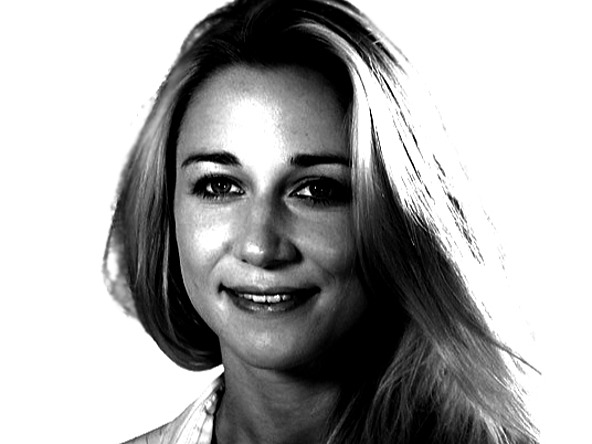FEATURE29 June 2017
Casting the net wide
x Sponsored content on Research Live and in Impact magazine is editorially independent.
Find out more about advertising and sponsorship.
FEATURE29 June 2017
x Sponsored content on Research Live and in Impact magazine is editorially independent.
Find out more about advertising and sponsorship.
In a bid to ditch accusations of elitism in market research, Kantar Worldpanel has adopted a less restrictive approach to graduate selection, as Abigail Macdonald explains

Ours is a great industry in which to build a career. We work with data, yes, but our jobs are far from dry or purely mathematical. We encounter endless opportunities to investigate what makes people tick, and turn our understanding of purchase behaviour into competitive advantage for our clients. But – despite all that – there remains a serious disconnect between the reality of a career in market research and the fact that very few graduates leave university with a burning desire to enter the industry. Bridging this gap is essential in securing the best graduate talent from day one, and requires a more flexible approach.
Graduates are a huge part of our business – at our past two intakes in September 2016 we welcomed 29, with another 15 expected to join us in March. So how do we attract – and retain – the right people?
First of all, we create a level playing field. We intentionally cast the net wide in terms of academic qualifications – far from typical in an industry sometimes criticised for elitism. We look for a 2:2 in any degree, 280 UCAS points and a grade B or above for maths and English at GCSE. This means we start with a very wide variety of graduates, who are then put through a rigorous selection process. We can screen for the qualities needed, but without excluding those who might fall short by other standards. While a more traditional approach might mean accepting only science, maths or statistics degrees, we employ graduates from across the humanities too, firmly believing that it takes a variety of skills and backgrounds to build a great team.
Once our graduates have been selected, they go through an intense but supportive two-week training programme to give them the core skills they’ll need throughout their career with us.
However, this strategy of using a very involved selection process is not without its challenges. Although we employ many people with outstanding academic records, there is always the risk that the academic requirements we ask for might deter high achievers who feel the business won’t make the most of their skill set. It also requires a serious time commitment from senior members of the business; all candidates who pass the online tests have a telephone interview with a line manager early in the process. Our managers are engaged with the process right from the start and take a long-term view of how important recruitment is to the success of their team.
We believe our approach to recruitment pays off. Of the 80-plus graduates we recruited in 2015, some 70% are still with the business. Around half of all roles within the company are filled from within, and half our senior management started out as graduate entrants.
Abigail Macdonald is HR director at Kantar Worldpanel UK and Ireland

A graduate’s view
Elodie Tinslay
In many ways I’m a typical graduate working in market research – in that I never expected to end up here! I studied English literature and explored a few things after graduation, but still wasn’t sure what I wanted to do.
Being able to train alongside other graduates was a big selling point, as was a structured training programme, regular performance reviews and the chance to progress quickly.
The lower entry requirements did make me slightly wary, but I took it as a sign that the selection process would be thorough and that a lot of training would be given on the job. I saw it as a way into a data-led industry without having a maths or science background.
When I applied, I definitely expected a role involving far more number-crunching. In reality, much of my time is spent understanding and describing consumer behaviour for clients. You do need to be numerate, but it’s more about common sense – and knowing how data can be used strategically – than being a numbers whizz.
Market research might not seem like a logical progression for an English graduate, but I use the skills from my degree all the time. Storytelling is central to the work we do for brands, and how we communicate our findings is just as important as the numbers.
A variety of backgrounds is important in a team – while others can bring their science and maths backgrounds to bear, I find I’m often better at thinking creatively about a problem or communicating complex ideas in a more accessible way. We all support each other.
0 Comments